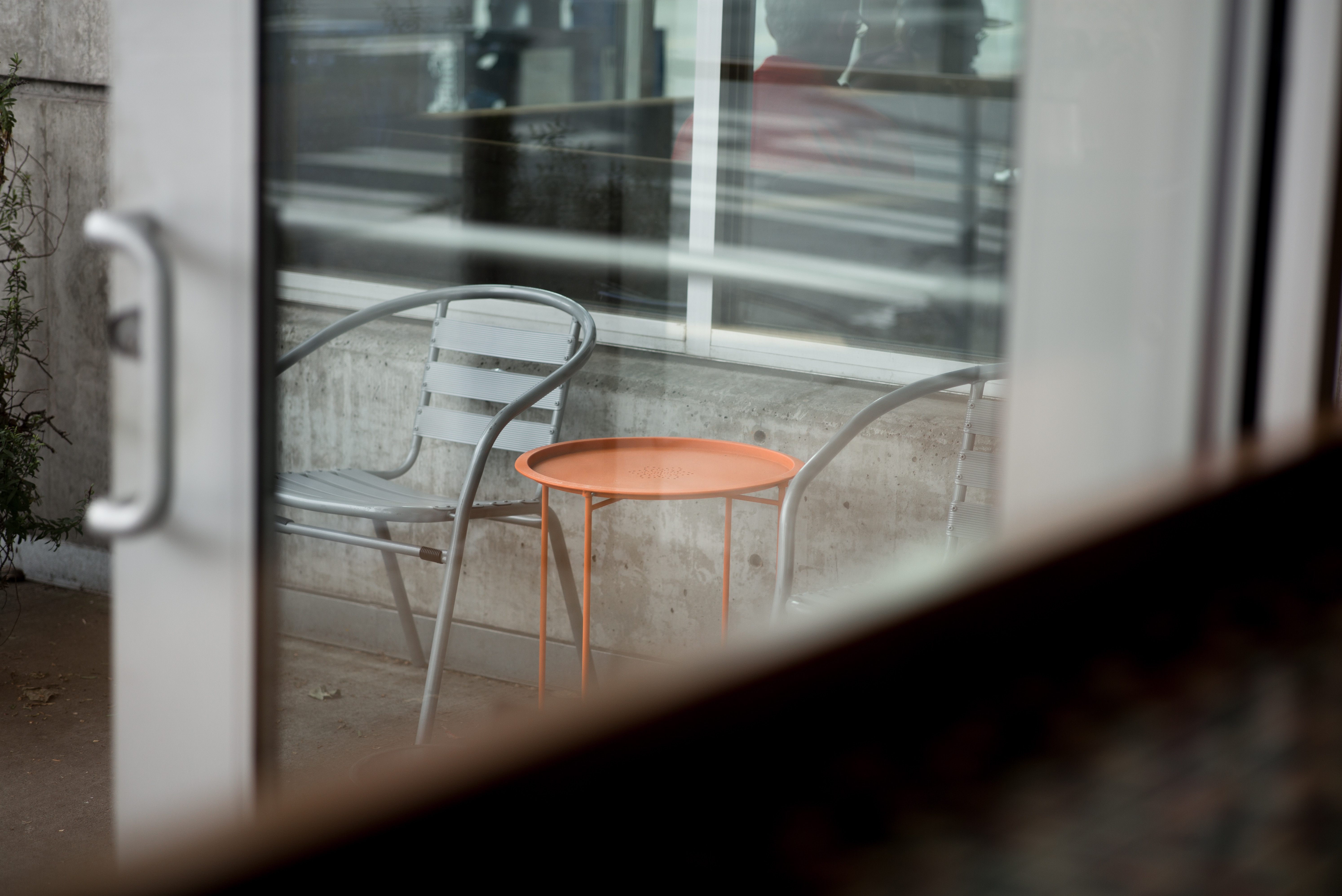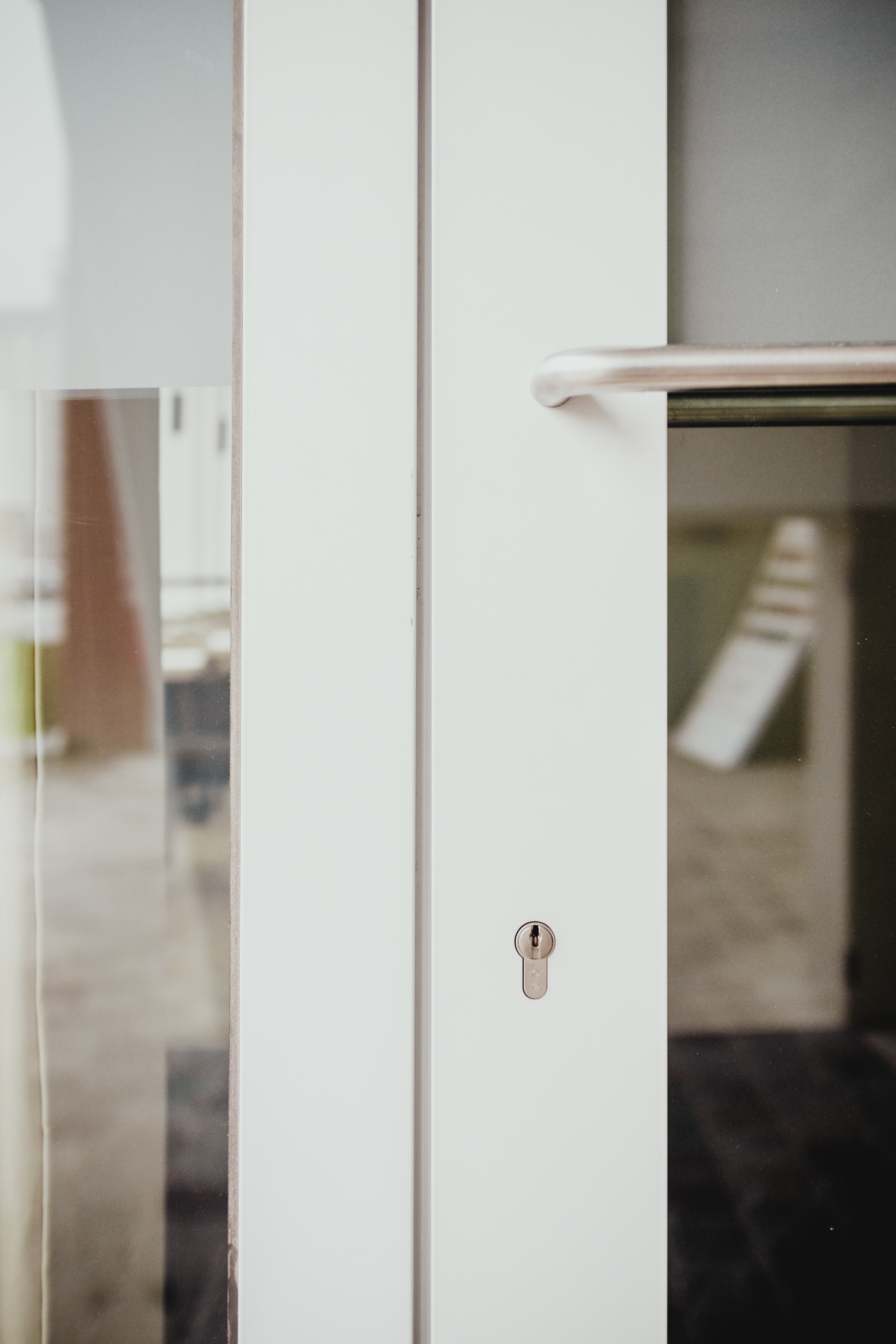
Correctly installed bifold doors can be an efficient and space-saving solution, but the advanced mechanisms and multi-panel designs need professional installation and correct door maintenance to be trouble-free. The most common problem by far is poor installation in the first place, with the door mechanisms covering large apertures and relying on carefully balanced mechanisms to ensure reliable long-term operation.

Photo by Andrew Shiau on Unsplash
For the perfect operation of bifold sliding doors, it is vital for them to be installed correctly. Apertures
must be square and straight, and fitment should be flush to ensure correct sealing and insulation.
Techniques are not dissimilar to installing windows and door systems, but the size and weight adds
an additional degree of preparation for perfect operation.
Threshold, sill, top and doorjambs must be accurately squared and the rails should fit flush without
bowing or distortion; forcing them into position will result in hindered operation and ultimately
failure of the mechanism over time. Preparation is everything! Once installed, follow the instructions
for your door system to toe & heel the assembly, to prevent dropping of the unsupported side.
Diagonally bracing the door during installation will ensure the latching systems continue to engage
smoothly and correctly for the operational life of the door.
Once installed it is vital to check the alignment of rubber or brush seals - rubber gasket seals offering
the best protection against water ingress and also the optimum thermal insulation. Seals that are
under excessive pressure will distort and cease to be effective in a very short period. Measure your
door apertures and panel heights to get even, consistent clearance across all modules.
On internal bifold doors, where the majority of the load is taken by the drop bolts, it is vital to
ensure your doors have enough thread left on the bolt after adjustment for a secure, safe operation.
If preparation of the internal frame cannot be optimised further, and your drop bolts are on the last
couple of threads, source longer bolts or check the side installation points to ensure the entire
assembly is correctly aligned in the aperture.
If you’ve chosen to install doors yourself and have encountered issues with alignment, smooth
operation or locking, call a professional installer, don’t risk your investment with bodged solutions.
To avoid major issues with your bifold door systems, some simple maintenance will save hundreds, if
not thousands, in repair or replacement costs. The first, and easiest step is to remember that your
door frame is also part of the mechanism. Treat the sills will respect and try to avoid dragging heavy
objects or suitcases across them.

Photo by Bernard Hermant on Unsplash
Periodically clean and lubricate the moving parts. Internal components are often lubricated for life, but hinges, latches and locks that are exposed when the door is operated should be given a regular treatment with appropriate oil or grease. Some products can harm seals, so check the requirements of those chosen door systems.
In Autumn and Winter, check the runners, slides and frame for dirt, leaves and snow. Tracked in salt-
laden snow can corrode fixing and components if left unattended, particularly if lubrication has been
neglected, and dirt build up can affect not only the smooth operation of the doors, it can place
additional loading on bearings and internal mechanisms, resulting in additional wear shortening the
life of door components.
If latching is sticking on external doors, ensure the mechanisms on each panel are correctly aligned.
Water Ingress. Door frames include drain holes to ensure doors opened in the rain, or in extreme
weather conditions, can expel water from the sill. Periodically check that these drains are running
clean and easily. Inspect rubber seals and interior brushes as necessary, and if tears or holes are
found the component should be replaced. Most brushes can be slid out and replaced without the
requirement for special tools.
Locks should be lubricated with graphite powder, available from most good hardware stores, and not WD40 or similar water displacers that have no long-term lubrication properties. If the tumblers are not operating smoothly it’s acceptable to try an application of WD40 first. Use a rag or kitchen towel to catch excess spray and leave it for an hour to penetrate the mechanism before gently rocking the key to free off the tumblers - do not force the lock. Once operation is restored, apply graphite grease. Should this fail, call a qualified locksmith for removal of the lock and renovation of the mechanism.
Wooden door panels should be checked periodically for damage to the finishing, and
any weathered areas attended to with thoroughly cleaned and dry woodwork. Allowing water to
penetrate the doors long term will lead to warping and ultimately the need for replacement.
Aluminium frames offer a much longer working life without intervention, though the finish should
still be maintained.
Glazing on the majority of the exterior bifold doors we offer includes heat-reflective coatings
internally and externally. To preserve the effective operation of these panels cleaning should be
performed with only approved solutions or simple water, no abrasive or harsh chemicals. Our
internal doors feature toughened glass and can be cleaned with appropriate household cleaners.
Internal Hinges. Rattling or shuddering operation of internal bifold doors can be down to worn or
loose hinges. Wood framed doors can have hinges replaced with basic joinery skills, and the sooner
any loose fixings are identified and repaired the less damage to the door itself will result.
If internal handles and locks aren’t engaging after installation, check the drop adjustment before relocating lock components. If the drop adjustment is correct, then the striking plate can be relocated to suit.
Related guides: How to adjust internal doors.
